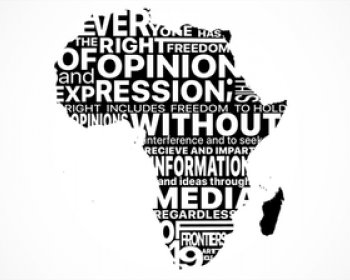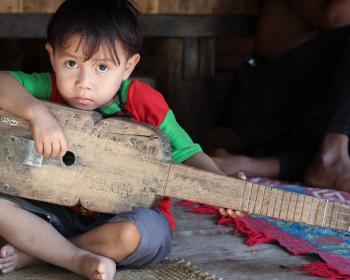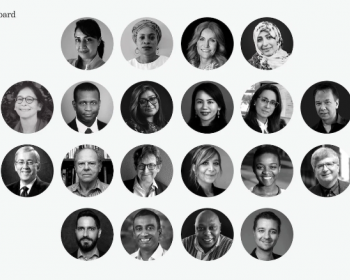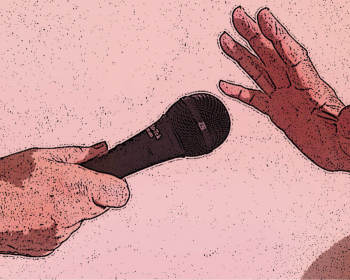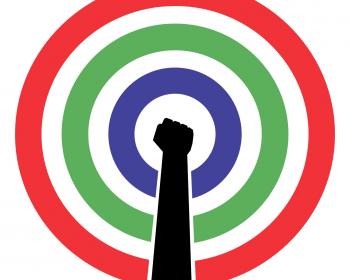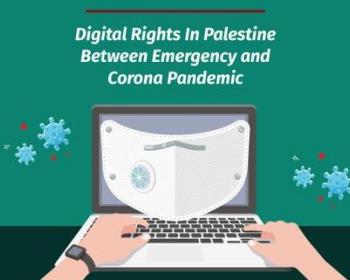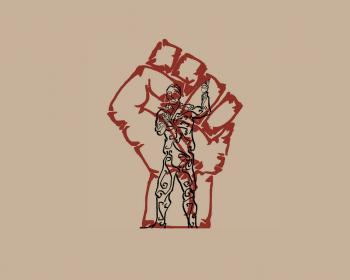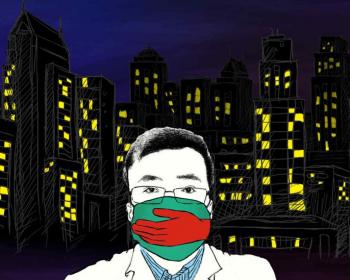Freedom of expression
The University of the Witwatersrand in Johannesburg is launching the third iteration of their online course Media Freedom and Freedom of Expression in Africa. The updated version includes a session on African media in the time of COVID-19 as well as the impact of the pandemic on journalists.
Amid the current COVID-19 pandemic, health recommendations need to be conveyed to communities in remote areas that are separated both by distance and by the minority languages they speak. One medium that can be used to convey public messages is through song.
It was the best of times, it was the worst of times. Shakespeare wrote most of his plays during the bubonic plague, and now women and queer artists are using the internet and social media to open up spaces for marginalised communities and bodies.
Palestinian civil society organisations condemn the selection of Palmor, voicing concern about the impact that her role will play in further shrinking the space for freedom of expression online and the protection of human rights.
Media Matters for Democracy is deeply concerned about reports of journalists in Pakistan forced to cover the COVID-19 public health crisis without adequate protective measures and safety precautions.
The last time a network was forced to stop broadcasting was during martial law under the dictator Ferdinand Marcos. At a time when credible sources of news and information are needed more than ever, the shutdown is seen as a blatant attack on freedom of the press and freedom of expression.
See how videojournalists in the Philippines are responding to the pandemic in this video from EngageMedia.
This position paper was prepared as part of 7amleh's advocacy work, focused on defending Palestinian digital rights. It is a part of a series of position papers examining the effects of the policies and practices of governments and companies on Palestinian digital rights.
Because of the COVID-19 pandemic, countries are resorting other measures that may have the incidental effect of concentrating power to a few, providing an opportunity for authoritarian leaders to consolidate the government’s might in order to stifle some essential freedoms.
The COVID-19 pandemic has amplified our need for a safe and secure internet. This article explores what happened at the original epicentre of the pandemic and what measures of internet censorship were deemed necessary by the Chinese government to bring it under control.

Association for Progressive Communications (APC) 2022
Unless otherwise stated, content on the APC website is licensed under Creative Commons Attribution 4.0 International (CC BY 4.0)



